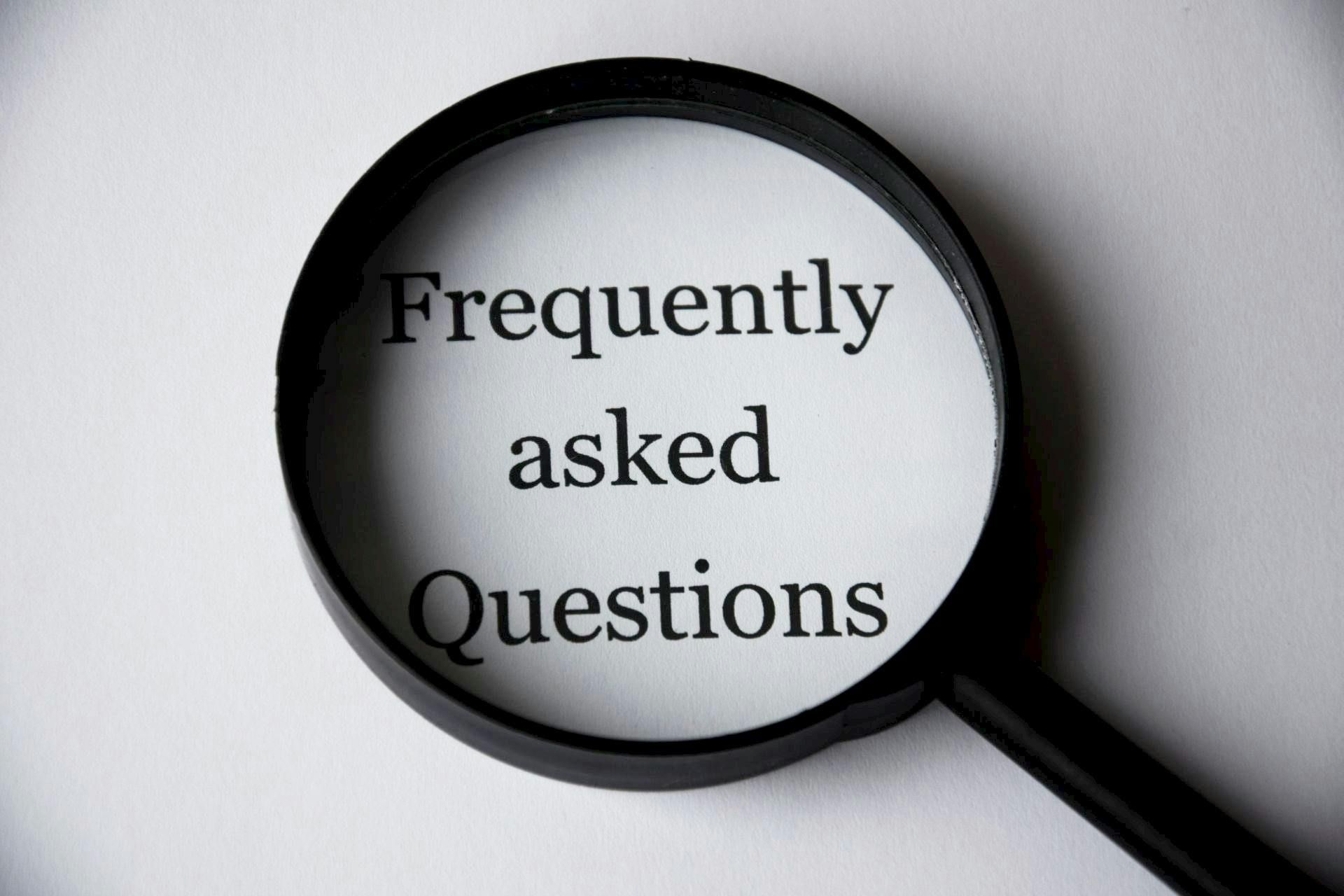So What's SEO, Anyway?

If you’ve ever wondered how some websites show up at the top of Google while others seem invisible, the answer is SEO—Search Engine Optimization. But what exactly is SEO, and why is it so important for your business? Let’s break it down in simple terms.
A Beginner’s Guide to Understanding SEO and Why It Matters
So, What is SEO?
SEO stands for Search Engine Optimization—a process of improving your website so it appears higher in search engine results like Google, Bing, or Yahoo. The goal? To attract more visitors to your site, increase visibility, and ultimately grow your business.
Think about it this way: when you search for something online, how often do you go past the first page of results? Probably not very often. SEO helps your website get on that first page so more people can find you.
How Does SEO Work?
SEO isn’t magic—it’s about
understanding what search engines look for and making sure your website meets those standards. Here are the key elements:
1. Keywords Matter
Search engines scan websites for relevant words and phrases. If someone searches for “best coffee shop in Manila”, Google will try to find pages that mention those words naturally. Choosing the right keywords for your business is a huge part of SEO.
2. Quality Content does Matter too
Google loves helpful, original, and engaging content—whether it's blog posts, product descriptions, or landing pages. Websites that provide valuable information tend to rank higher.
3. Technical SEO Helps Search Engines Understand Your Site
Fast loading speeds, mobile-friendliness, clean code, and proper site structure all help search engines crawl and rank your website better.
4. Backlinks Build Authority
When other websites link to your site, Google sees it as a sign of trust and credibility. The more high-quality links pointing to your website, the better.
Why Does SEO Matter for Your Business?
If you own a website, whether it's a small blog, an online store, or a corporate site,
SEO can make a huge difference. Here’s why:
✅
More Visibility: Higher rankings mean more people will find your site.
✅
More Traffic: SEO brings organic (free) traffic instead of paying for ads.
✅
Better Credibility: Websites on the first page of Google are often seen as more trustworthy.
✅
Long-Term Growth: Unlike paid ads, good SEO continues to drive traffic over time.
How to Get Started with SEO
1️⃣ Do Keyword Research – Find out what people are searching for in your industry.
2️⃣ Optimize Your Content – Use keywords naturally and create useful, high-quality content.
3️⃣ Fix Technical Issues – Make sure your site is fast, mobile-friendly, and easy to navigate.
4️⃣ Build Backlinks – Get mentions from other reputable websites to improve your site’s credibility.
Wrapping It Up
SEO might sound technical, but at its core, it’s really about helping people find what they need—your business, your content, your expertise. And that’s what I love about it.
I’ve seen firsthand how SEO can transform a website from being invisible to a top-ranking, traffic-generating machine. It’s not an overnight success, but with the right strategies, consistency, and a little patience, the results are worth it.
If you're feeling overwhelmed, don’t worry—you’re not alone. I’m here to help! Whether you’re just starting out or looking to improve your SEO game, let’s work together to get your website the visibility it deserves.
Ready to get started? Let’s make it happen! 🚀


